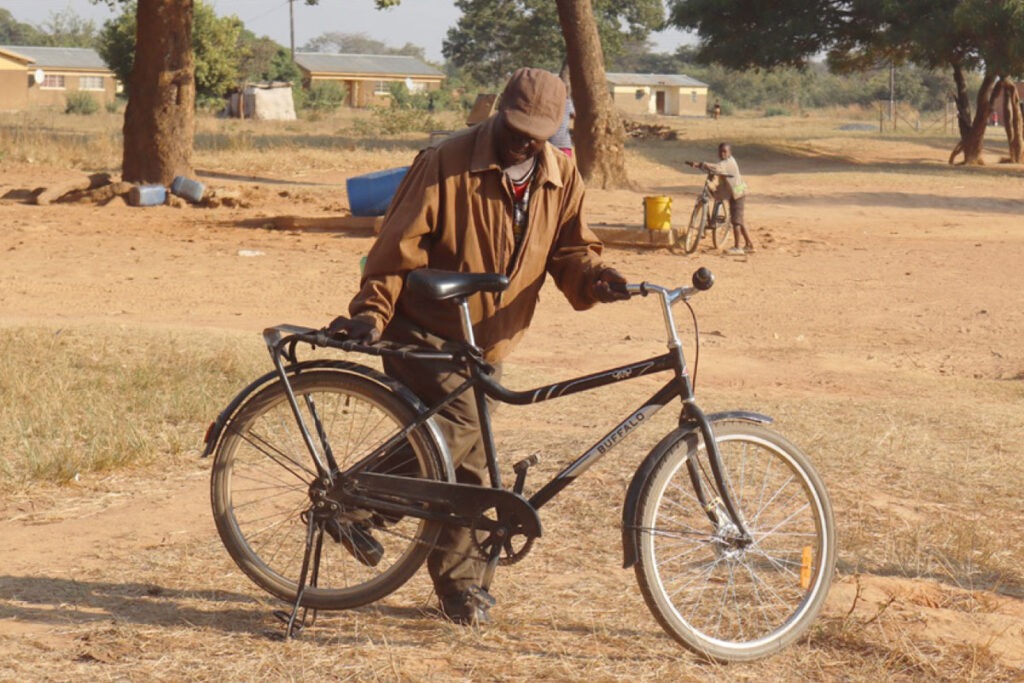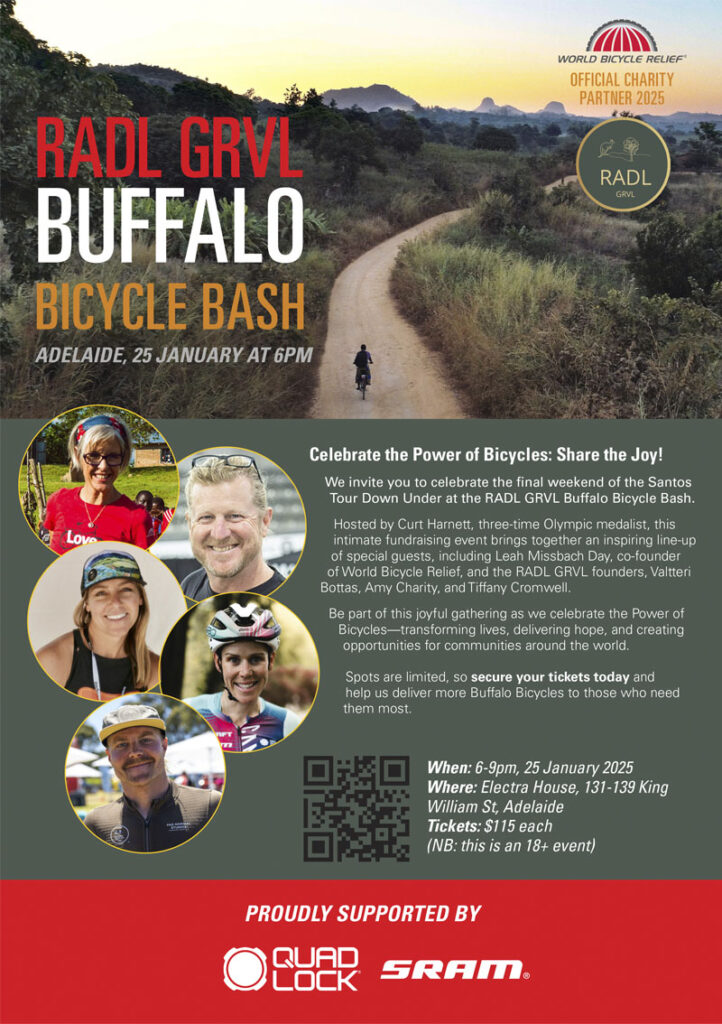Bicycles Have a Huge Positive Impact in Developing Countries

Lusaka, Zambia
A landmark detailed study recently released World Bicycle Relief and IDinsight has provided critical evidence on the power of bicycles to boost livelihoods and empower rural communities.
In late October 2024 World Bicycle Relief (WBR), a non-profit social enterprise that supports rural and remote communities by helping adults and children overcome transportation barriers, in collaboration with IDinsight, released results of a detailed study that demonstrates the transformative impact of bicycles on livelihoods and health service delivery among adults in rural Zambia (a landlocked developing nation in sub-Saharan Africa).
In many rural, remote communities, mobility poverty—the lack of safe, affordable, and reliable transportation—acts as a significant barrier, keeping individuals from accessing essential services and opportunities. In Africa, 70% of rural populations face this challenge, often forced to walk long distances to reach schools, health facilities, or markets.
“The study findings clearly demonstrate how providing reliable transportation with bicycles unlocks access to healthcare, education, and economic opportunities—fundamental elements that allow individuals and communities to thrive,” said Dave Neiswander, CEO of World Bicycle Relief.
The study was conducted in the Mumbwa District of rural Zambia and included 1,227 livelihoods group members and 261 community service workers, with nearly 70% of participants being women. Participants were divided into two groups: 50% of participants were provided with bicycles, while the control group continued without bicycles during the study period. Program participants in the control group were provided with bicycles after the completion of the study. This method allowed researchers to rigorously assess the causal impact of bicycles on economic, health, and social outcomes in the participating communities.
Key Findings from the Study
The study, conducted over the course of a year during one of Zambia’s most severe droughts, provides the first rigorous analysis of how bicycles impact livelihoods, especially in rural and marginalized communities. Key findings include:
- Income Boost: Households that received bicycles reported a 43% higher average monthly income compared to the control group and 24% higher average consumption. Women who received bicycles saw even greater gains, recording 50% higher earnings per month from work compared to women in the control group.
- Healthcare Access: Bicycle recipients were 36% more likely to access healthcare when needed. Community health workers with bicycles served 63% more households, greatly expanding healthcare access in remote areas.
- Business Impact: Business owners with bicycles recorded a 53% higher revenue per month compared to the control group, underscoring the economic power of improved mobility.
- Social Empowerment for Women: Women who received bicycles experienced significant social benefits, with a 60-percentage point reduction in the likelihood of cancelling travel outside their communities. Increased mobility improved women’s life satisfaction by 11%, giving them greater self-esteem and decision-making power within households.
- Climate Resilience: The study provides unique insights into how bicycles help build resilience in the face of climate shocks. Households without bicycles saw a decline in income and consumption during Zambia’s severe drought, while those with bicycles were able to maintain their consumption and increase income levels, demonstrating the role of mobility in strengthening climate adaptability at the household level.
“With this research, World Bicycle Relief is uniquely positioned to lead scalable, sustainable mobility interventions that can be integrated into broader development programs focused on education, healthcare, and economic opportunities,” Neiswander added. “As global organizations seek proven strategies to tackle mobility poverty, bicycles offer a practical, scalable solution, and we are excited to be at the forefront of delivering this impact.”

A Call to Action
The findings from this study provide a roadmap for governments, donors, NGOs, and development partners to incorporate bicycles as part of a holistic approach to poverty alleviation and rural development. World Bicycle Relief is calling on international development partners and policymakers to invest in scalable mobility solutions that can drive economic and social progress in rural areas.
For more information or to access the full reports, please visit worldbicyclerelief.org/idinsight
World Bicycle Relief Australia is hosting a fundraising and social evening during the Tour Down Under in Adelaide on Saturday 25th January at Electra House, 131 King William St Adelaide.
You can find out more by phoning 0450 811 806 or emailing au@worldbicyclerelief.org or purchase tickets via this link. You can also see more details in the photo of the brochure that accompanies this article.
